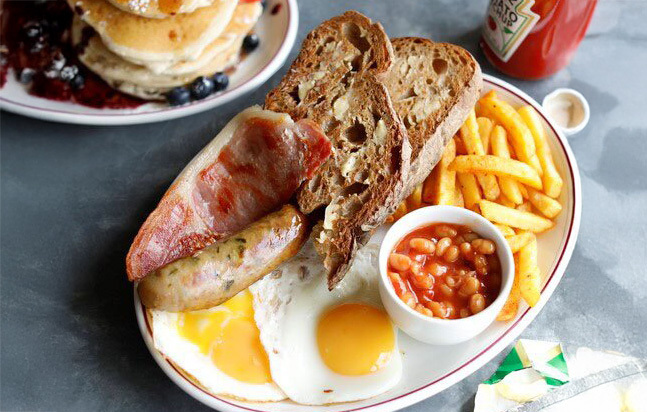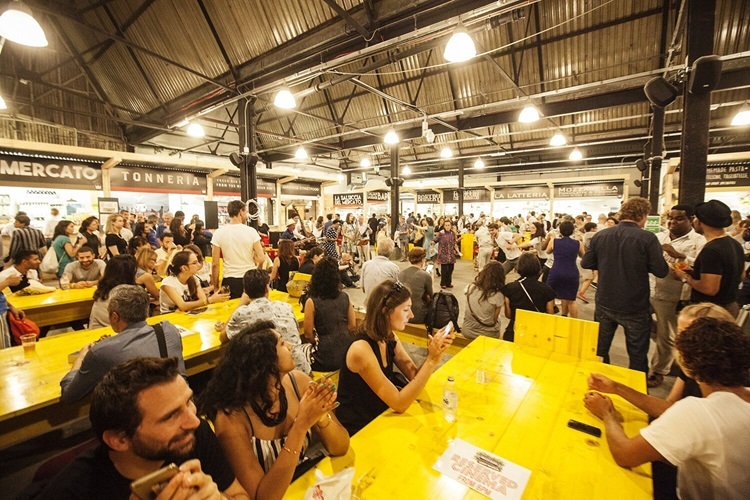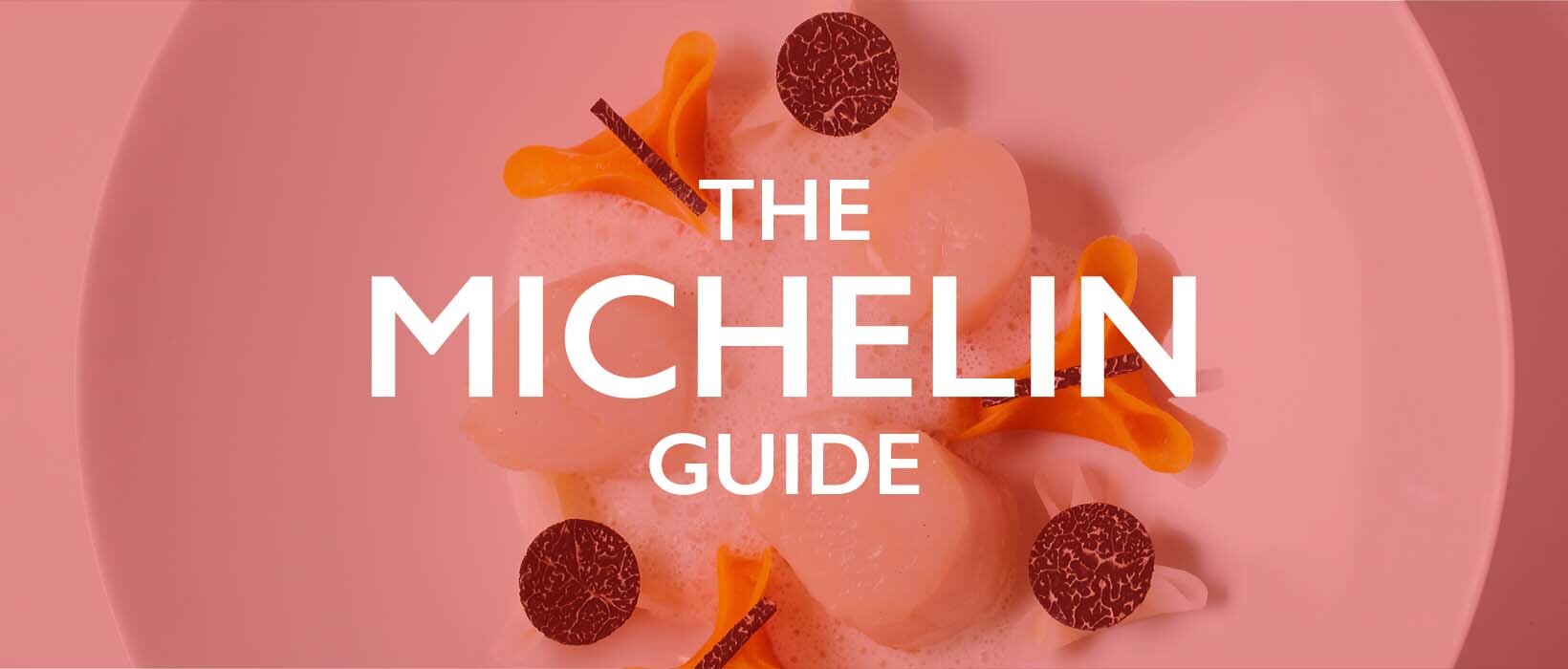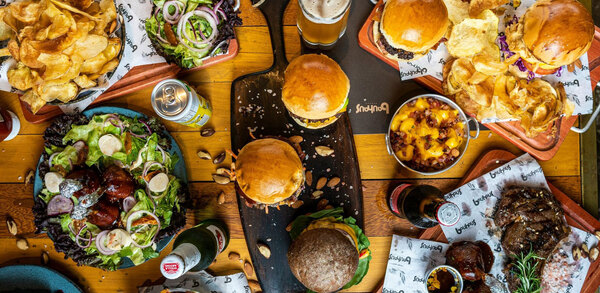The UK consumer is showing an appetite for European breads.
The European Union’s culinary traditions have long inspired food trends across the globe, and its influence on bread and baked goods in the UK is undeniable. As consumers gravitate toward artisanal techniques, organic ingredients, and sustainable food choices, the hospitality sector is poised to embrace these preferences, reshaping menus and sourcing practices to meet demand.
Simon Atkins, an expert on the UK and EU bakery industry and advisor to the EU’s ‘More Than Only Food & Drink’ campaign, explores how the hospitality industry can capitalise on the burgeoning artisan bread trend: “The EU/UK bakery market is worth $88b (£69b), with the UK the biggest importer of European bakery goods, according to Insights from market intelligence platform IndexBox.
“In fact, the UK’s monthly imports of bread alone amount to approximately $388m (£303m), underscoring the vital role Europe plays in shaping UK trends.
“As awareness around ultra-processed food continues to gain momentum and people place more focus on how the food they eat makes them feel from the inside out, consumers are increasingly seeking products which are made using traditional baking methods.
“As such, European artisan breads like Italian ciabatta, German rye and Danish rugbrød have captured the attention of UK consumers. Sourdough, steeped in European bread-making traditions, has seen particularly explosive growth, celebrated for its natural fermentation, complex flavours and nutritional appeal.
“It is clear from the diverse range of European influenced bread and bakery products in the retail sector, the UK consumer certainly has an appetite for European bakery and there is an expectation to see caterers lead the way when selecting the bread they use as part of their everyday offer.
“There is a huge opportunity for the hospitality industry to capitalise on this growing demand for breads which marry a perceived health benefit with flavour quality, sustainability and traditional baking methods.
“In the hospitality setting, bread is often the first thing the consumer is offered to taste. The years of uninteresting bread have gone and by using beautifully crafted bread with unique flavours, texture and a back story, the bread often sets the expectation for what is to come.
“By incorporating these breads into their offerings, businesses can also leverage the premium image associated with the European bread-making heritage. This trend aligns with a broader consumer shift toward quality and authenticity in dining experiences and a willingness to pay more for quality ingredients.
“The EU’s leadership in organic farming and sustainable practices is yet another selling point for eco-conscious diners. Breads made with organic ingredients and specialty grains like spelt, rye, and einkorn are not only sought after for their nutritional benefits, but also their alignment with sustainable food trends.
“Sourcing produce with Protected Designation of Origin (PDO) and Protected Geographical Indication (PGI) certifications can be compelling to diners and help to create an added narrative around a product. Breads like Italy’s Pane di Altamura PDO exemplify how traditional methods and regional authenticity resonate with UK consumers, inspiring local adoption of similar quality standards.
“Restaurants, hotels and caterers should consider how they can develop a deeper connection with their customers through their bread offering by sourcing new and interesting varieties and showcasing the backstory to the baking methods. From gourmet sandwiches to elevated bread baskets and imaginative pairings, these premium offerings enhance menu appeal, particularly for consumers seeking authentic, health-focused options.
“The cross-cultural exchange of bread traditions reflects the broader integration of European values into UK hospitality, where food becomes a shared narrative of quality, heritage and sustainability. By embracing these trends, the industry can offer elevated, memorable experiences that satisfy modern consumer preferences.”
For more information on the EU’s ‘More Than Only Food and Drink’ campaign, visit enjoy-its-from-europe.campaign.europa.eu/united-kingdom/en





















